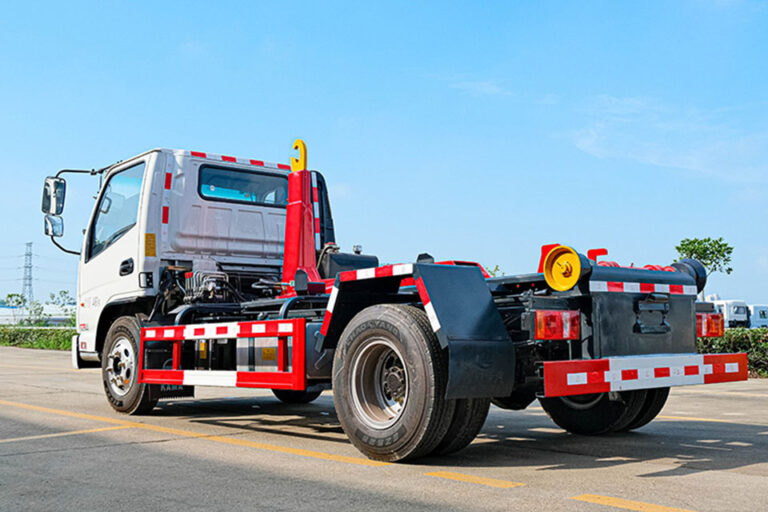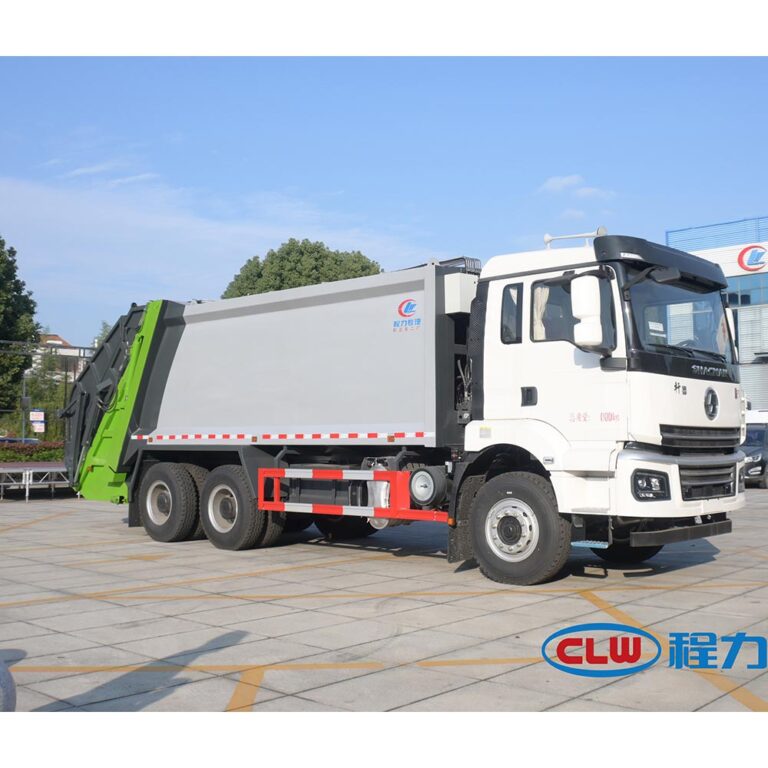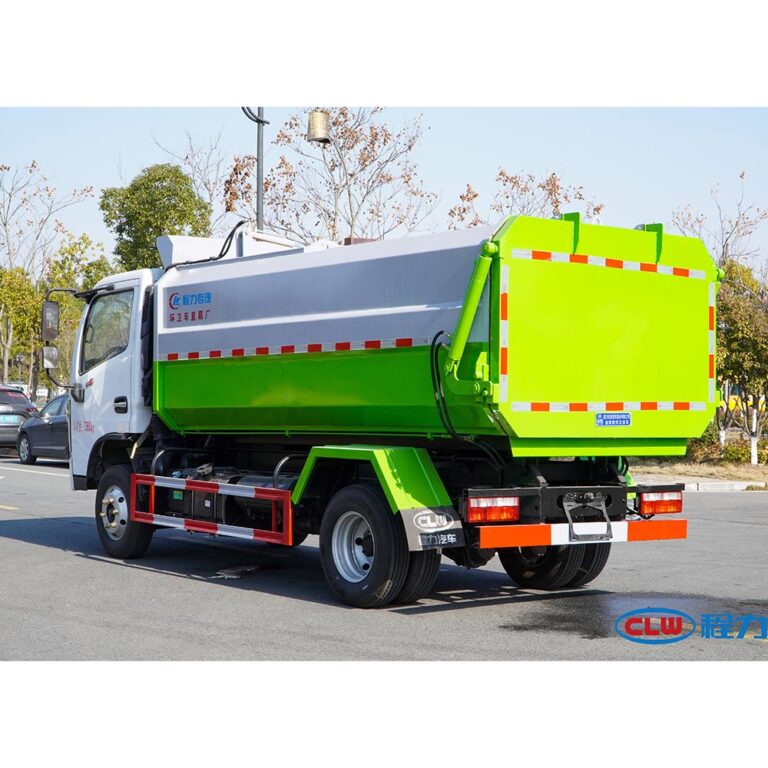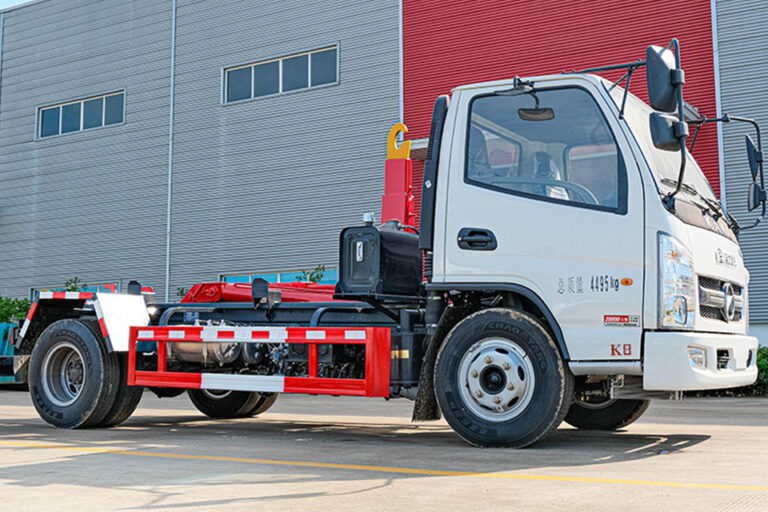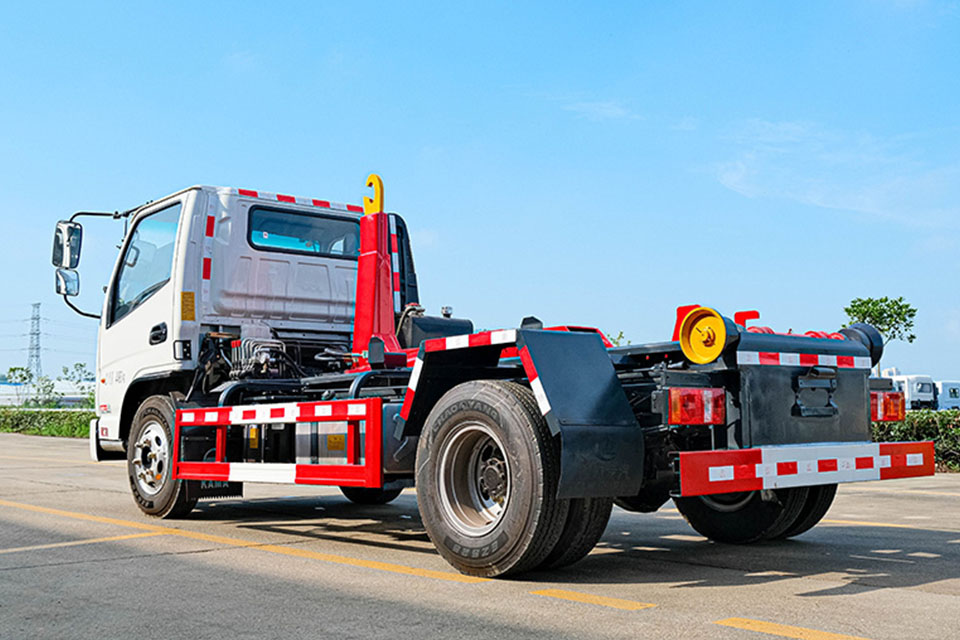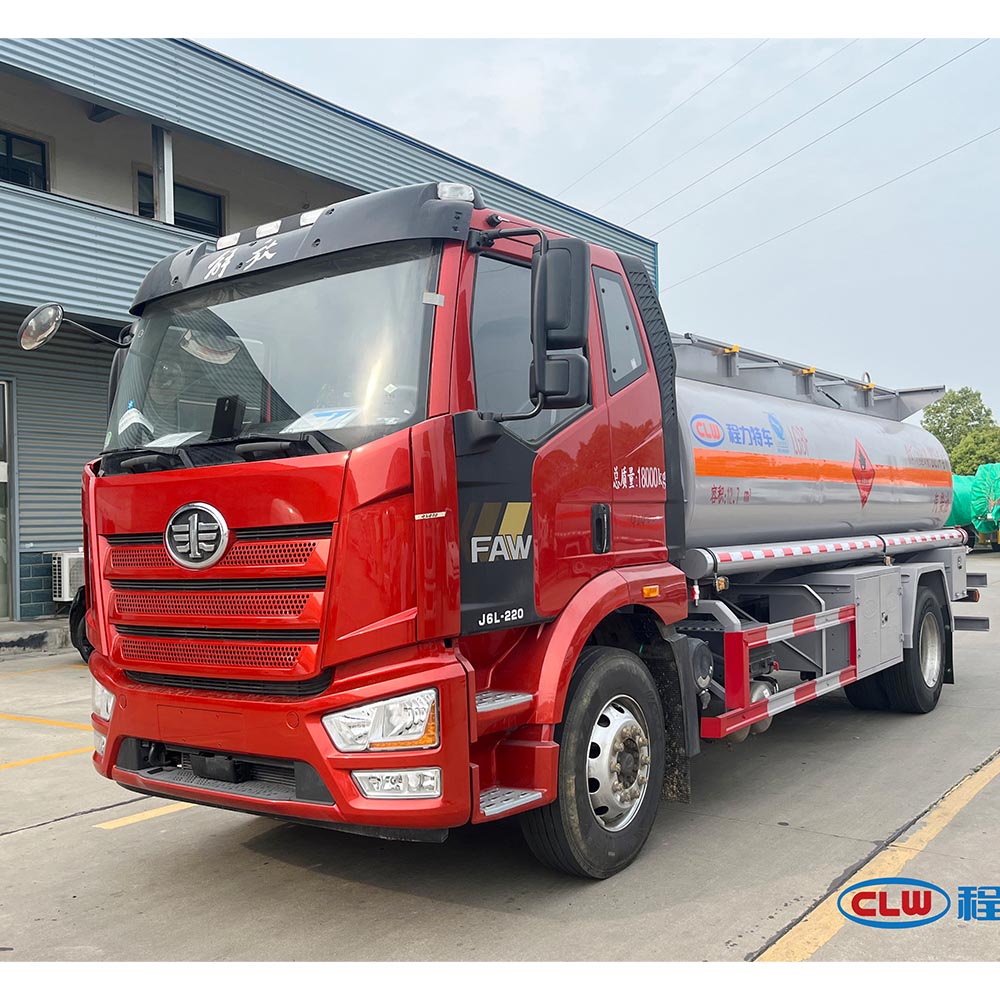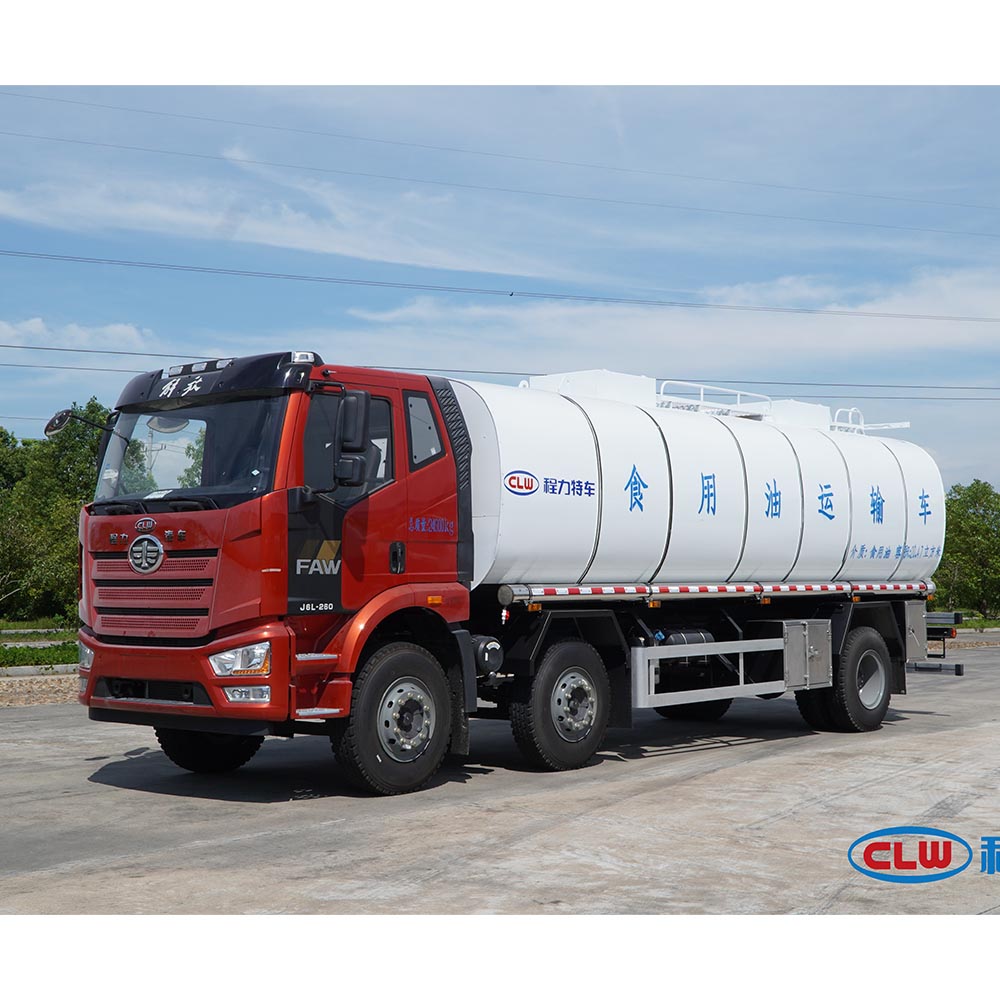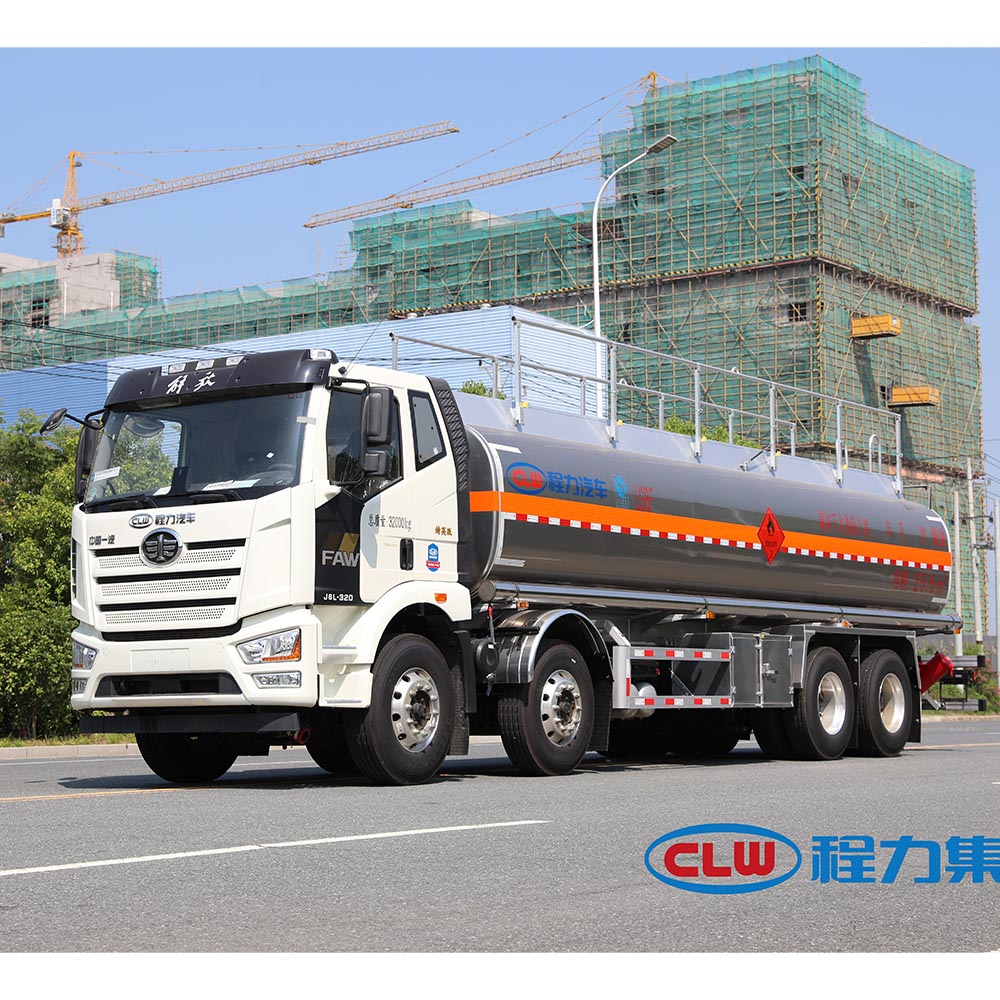-
Chengli Automobile Industrial Park
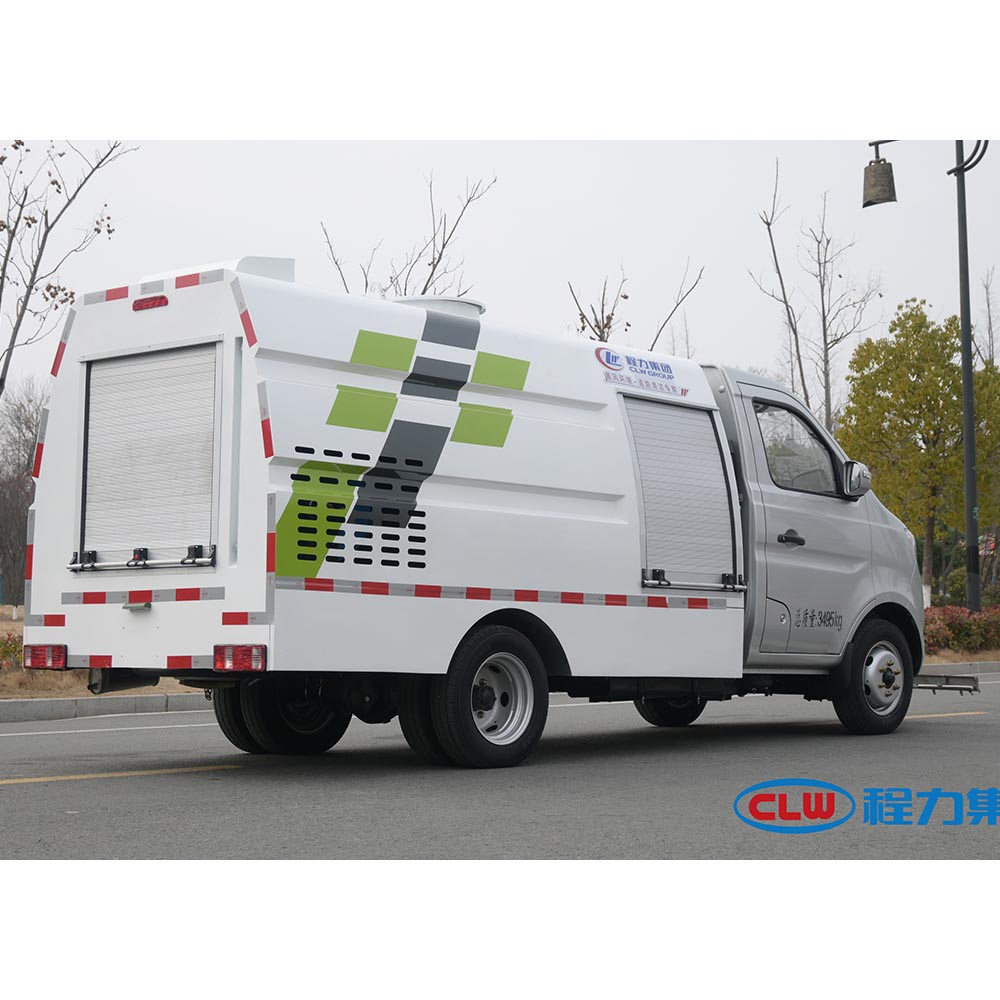
Maintenance and Care Tips for Pressure Washer Trucks
Keeping Your Pressure Washer Truck Running Smoothly: A Complete Guide to Maintenance and Care
Taking care of your pressure washer truck is super important. It helps it last longer and work better. This guide tells you everything you need to know to keep your truck in tip-top shape.
Table of Contents
Why Maintenance Matters
Regular maintenance is like giving your truck a check-up. It helps you find problems early and fix them before they get big. This saves you money on expensive repairs and keeps your truck running strong.
Daily and Weekly Care
Check your truck every day before you use it. Look for:
- Oil leaks: Is there oil on the ground?
- Fuel leaks: Can you smell gas or see a puddle?
- Loose bolts: Are any bolts loose or missing?
- Hose problems: Are the hoses cracked or worn out?
- Nozzle and fitting check: Are the nozzles and fittings clean and in good shape?
After you use your truck:
- Flush the system: Run clean water through the pump and hoses to get rid of dirt and chemicals.
- Drain the water: Empty the pump and hoses to prevent freezing in cold weather and rust.
Taking Care of the Engine and Pump
Engines need regular care:
- Gas engines: Change the oil every 30 to 50 hours of use. Clean or change the air filter and spark plugs every month.
- Diesel engines: Change the oil and fuel filters according to the manufacturer’s instructions. Make sure to service less frequent components like injectors or turbochargers per recommendations as well.
Pumps also need attention:
- Change pump oil: Do this every season or after 100 hours of use, whichever comes first.
- Use pump saver: In the winter, add pump saver fluid to the pump to prevent freezing.
Seasonal Maintenance
Winter:
- Add antifreeze: Put antifreeze in the pump and a fuel stabilizer in the gas tank. Don’t use regular antifreeze; use pump-specific antifreeze.
- Store properly: Keep your truck in a dry place where it won’t get too cold.
Summer:
- Check seals and valves: Hot weather can damage seals and valves. Inspect them for wear and tear.
- Test the pressure: Make sure the pressure is consistent. Adjust unloader valves as needed.
Troubleshooting
Problem: Low pressure
- Solution: Clean the nozzles and inlet filter. Check for worn seals or leaks in the valves and pump.
Problem: Milky pump oil (means water in the oil)
- Solution: Change the pump oil right away. Check the seals for damage.
Problem: Hard water buildup
- Solution: Use a descaling agent to clean the pump.
Expert Advice
- Avoid extreme temperatures and moisture: Don’t let your truck get too hot or wet. Prolonged exposure to moisture will lead to rust and corrosion.
- Use the right parts: Always use parts from the manufacturer (OEM parts). These parts are designed to work specifically with your equipment and using them ensures warranty protection. Consider certified replacement parts from reputable suppliers for optimal performance.
- Get professional help: If you have a big problem, take your truck to a qualified mechanic . They have the expertise to work with complex components like gearboxes or hydraulic systems.
Helpful Information
| What to Do | How Often | Why It Matters |
|---|---|---|
| Check for leaks and damage | Before each use | Prevents breakdowns. 90% of equipment failures are preventable with routine checks. |
| Change engine oil | Every 20–30 hours (gas) <br>Per manufacturer recommendations (diesel) | Helps engine last longer. Extends engine lifespan by 30%. |
| Change pump oil | Every 100 hours or seasonally | Keeps pump working well. Prevents costly damage from $200-500. |
| Descale the pump | Every 3 months (if you have hard water) | Maintains pressure. Hard water affects over 50% of US regions. Improving pressure consistency by 25%. |
| Clean inlet filters | Monthly | Prevents clogs. Reduces pressure loss by 60%. |
| Add fuel stabilizer | Before storing for long periods | Prevents fuel problems. Avoids $150-300 in repairs |
| Check seals and valves | Every 6 months | Prevents leaks. Reduces leakage by 70%. |
| Flush the system | After each use | Removes debris. Extends hose and nozzle life by 2-3 years. |
Learn more about maintaining your high-pressure pump and ensuring proper pump body care. Understanding cleaning agent compatibility is crucial for the longevity of your equipment. Always ensure electrical safety by checking power cords and maintaining proper grounding.
Pressure Washer Truck Maintenance Schedule
Preventative Maintenance Schedule
Impact of Regular Maintenance
Regular maintenance significantly extends the life of your pressure washer truck.
Cost Savings from Preventative Maintenance
Investing in regular maintenance can drastically reduce potential repair costs.
Common Questions
How often should I change the pump oil?
Every 3-6 months, or every 100 hours of use, depending on which comes first.
What type of antifreeze should I use?
Use only pump saver antifreeze, not regular car antifreeze.
Why does my pressure washer stall?
This could be due to a clogged fuel filter, dirty carburetor, or other engine issues.
Conclusion
Taking good care of your pressure washer truck is important. It saves you time and money in the long run. By following these tips, you can keep your truck running smoothly for years to come.
For additional resources, check out our guides on oil tanker trucks and aluminum alloy tanker trucks. You might also find our article on the types of dump trucks insightful.

